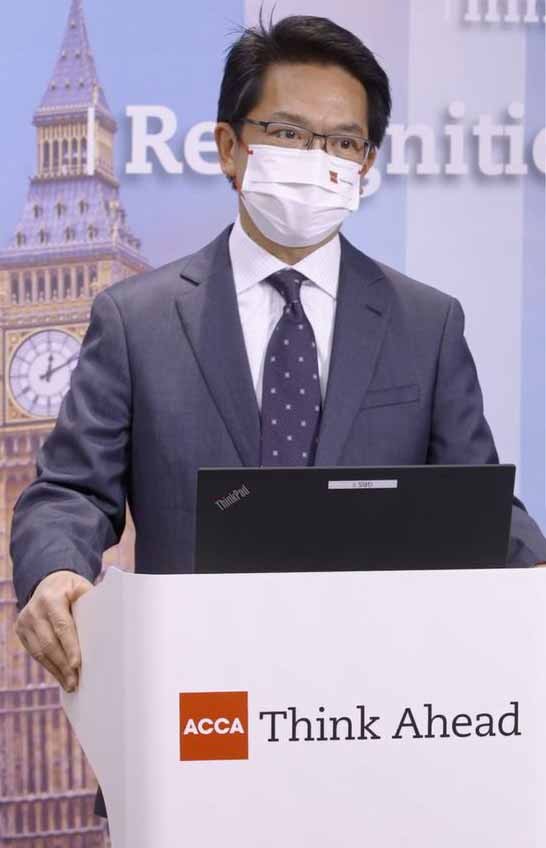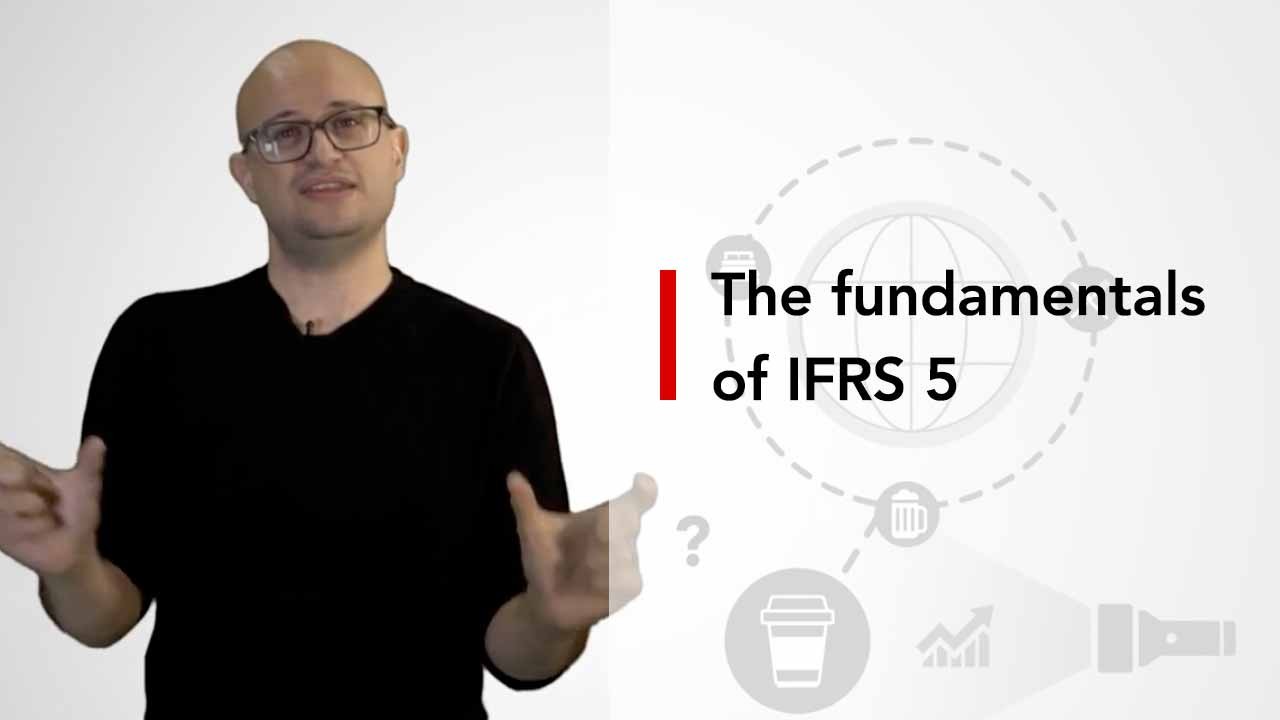
The move towards BEPS 2.0 could help build fairer societies through international tax cooperation, and Hong Kong, which has generally stayed on the sidelines of this shift, is now fully committed to implementing the new standard to stay competitive and attractive in the global arena.
This was an important takeaway from the annual ACCA Hong Kong tax conference held virtually on 26 March with the theme of ‘Opportunities and challenges for Hong Kong in the new era of international taxation’.
A key aim of the conference was to discuss potential implications of changes to taxation in Hong Kong and how to use tax measures to enhance the city’s competitiveness, particularly in light of the new base erosion and profit sharing (BEPS) 2.0 standards put forward by the Organisation for Economic Co-operation and Development (OECD).
‘As an international financial centre and a trade and commerce hub, Hong Kong will actively participate in and implement programmes related to BEPS 2.0 to consolidate its competitiveness in a fairer tax environment,’ said Jennifer Tan FCCA, chairman of ACCA Hong Kong, in her welcome address.
‘Hong Kong will actively participate in BEPS 2.0 programmes to consolidate its competitiveness’

Keynote speaker Tam Tai-pang FCCA, Hong Kong’s Commissioner of Inland Revenue, explained BEPS 2.0’s two pillars.
Pillar One applies to multinational enterprises with global turnover of more than €20bn and profitability above 10%, and would see 25% of residual profits allocated to specific markets where the profits are made by 2023. This solution ‘ensures a fair distribution of profits and taxing rights among jurisdictions’, said Tam.
With the exception of the undertaxed payment rule (UTPR), Pillar Two will be incorporated into law this year and take effect by 2023. It applies to multinationals with annual revenues of €750m or more and introduces a minimum tax rate of 15%. It includes a series of rules, such as the income inclusion rule (IIR) and UTPR, collectively known as the global anti-base erosion (Globe) rules. UTPR should take effect by 2024.
‘Pillar Two sets a floor on competition over corporate income tax through the introduction of global minimum tax that jurisdictions can use to protect their tax base,’ said Tam.
Still competitive
Tam dismissed concerns that the 15% tax rate required under Pillar Two could make Hong Kong less attractive to businesses. He pointed out that more than 130 jurisdictions have joined the two-pillar solution promulgated by the OECD.
‘I believe Hong Kong’s competitiveness would not be reduced by the BEPS 2.0 measures. Even if Hong Kong does not apply Pillar Two, in-scope companies still need to pay the top-up tax in other places under the IIR and UTPR,’ said Tam.
Keeping the focus on BEPS 2.0 will help Hong Kong catch up to international standards.
Another factor to consider is the European Union’s list of non-cooperative jurisdictions for tax purposes, which focuses on finding tax systems with harmful features. The EU included Hong Kong in its watchlist on 5 October 2021, after identifying as harmful Hong Kong’s foreign source income exemption (FSIE) regime for passive income.
Proactive commitment
Hong Kong is responding proactively to the changing international tax landscape.
Along with the other 136 Inclusive Framework (IF) members, Hong Kong has agreed to the two-pillar solution to address the tax challenges that arise from digital trade.
‘Hong Kong can stay on a more level playing field and further enhance its competitiveness vis-à-vis no or nominal tax jurisdictions’
In the meantime, ‘the Hong Kong government will still preserve Hong Kong’s tax regime in terms of simplicity, certainty and transparency, maintain Hong Kong’s territorial source principle of taxation, as well as safeguard Hong Kong’s taxing rights while minimising the compliance burden on multinational enterprises,’ said Tam.
Tam added that Hong Kong would work to minimise the impact on small and medium enterprises (SMEs) even as it introduces measures to support multinationals.
Hong Kong would respond to the EU’s review of FSIE regimes, and a revised regime would come into effect on 1 January 2023, with no grandfathering. While revising its tax regime, Hong Kong will continue to adopt the territorial source principle of taxation and uphold a simple, certain and low-tax regime, said Tam.
Some challenges
As it moves to greater alignment with international standards, Hong Kong faces some challenges.
‘The timeframe for conducting consultation and legislating relevant rules relating to BEPS 2.0 and a revised FSIE regime is tight,’ said Tam.
Also, Hong Kong’s preferential tax regime could be affected by the neutralisation of tax incentives through the Globe rules. That, said Tam, could require ‘measured use of a preferential tax regime in future’.
Ultimately, Hong Kong needs to find its non-tax competitiveness to improve the business environment. The changes to the taxation regime could help, particularly as BEPS 2.0 leads to fairer taxation.
‘Hong Kong can stay on a more level playing field and further enhance its competitiveness vis-à-vis no or nominal tax jurisdictions,’ said Tam.
And this could lead to more multinationals returning to Hong Kong from jurisdictions with no or nominal tax.
Double-tax deals
Also, with the implementation of BEPS 2.0 and the revised FSIE regime, other jurisdictions may be more willing to negotiate comprehensive double-taxation agreements with Hong Kong, compared with before when Hong Kong had a purely territory-based taxation and a low tax rate.
With this in mind, Tam said, the Inland Revenue department and the relevant government authorities will continue to work with the OECD, conduct more stakeholder consultations, complete domestic legislation for Pillar One and Pillar Two, revise the FSIE regime, and develop an IT system to facilitate compliance.
All these changes, Tam said, should help bring new businesses to Hong Kong.



